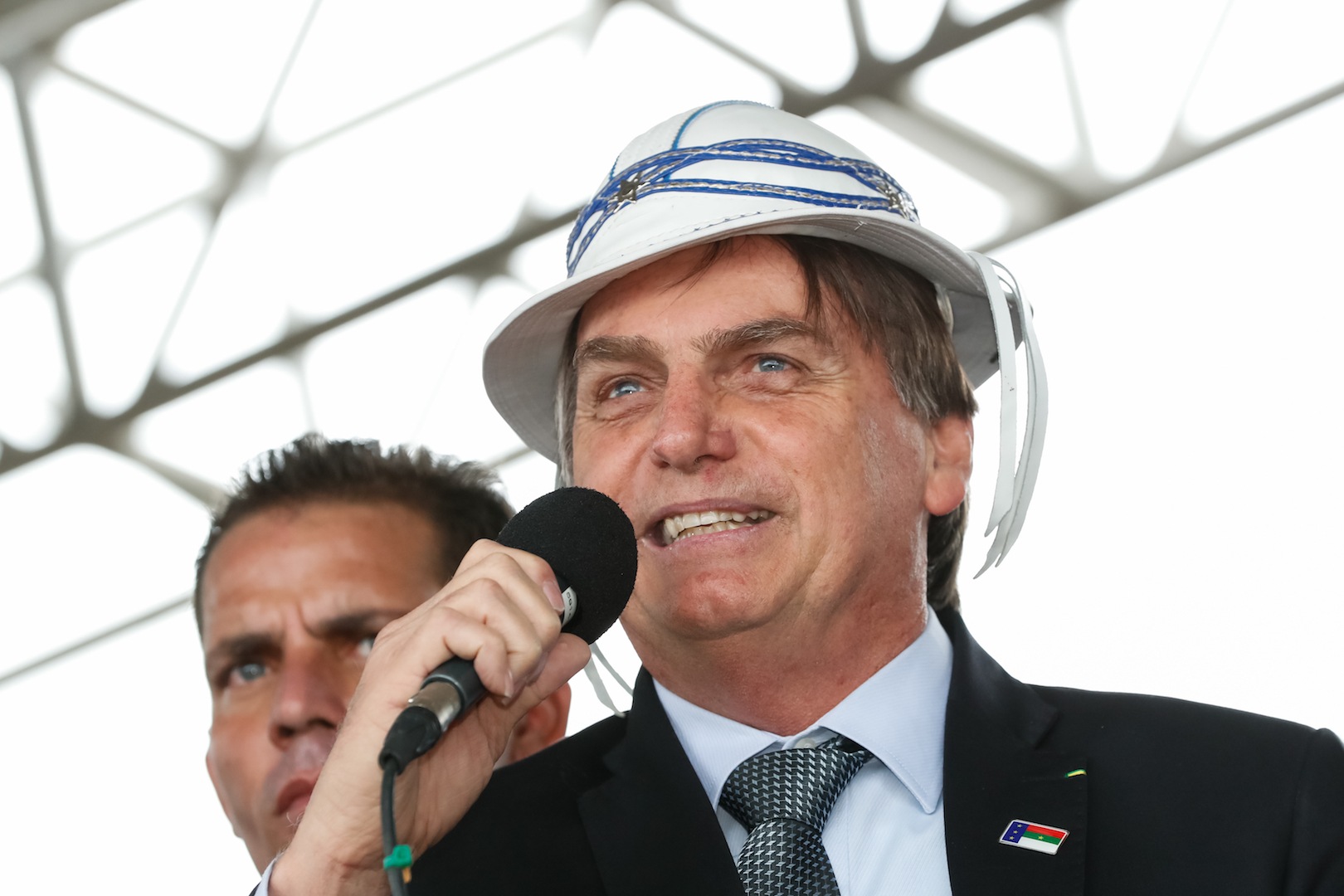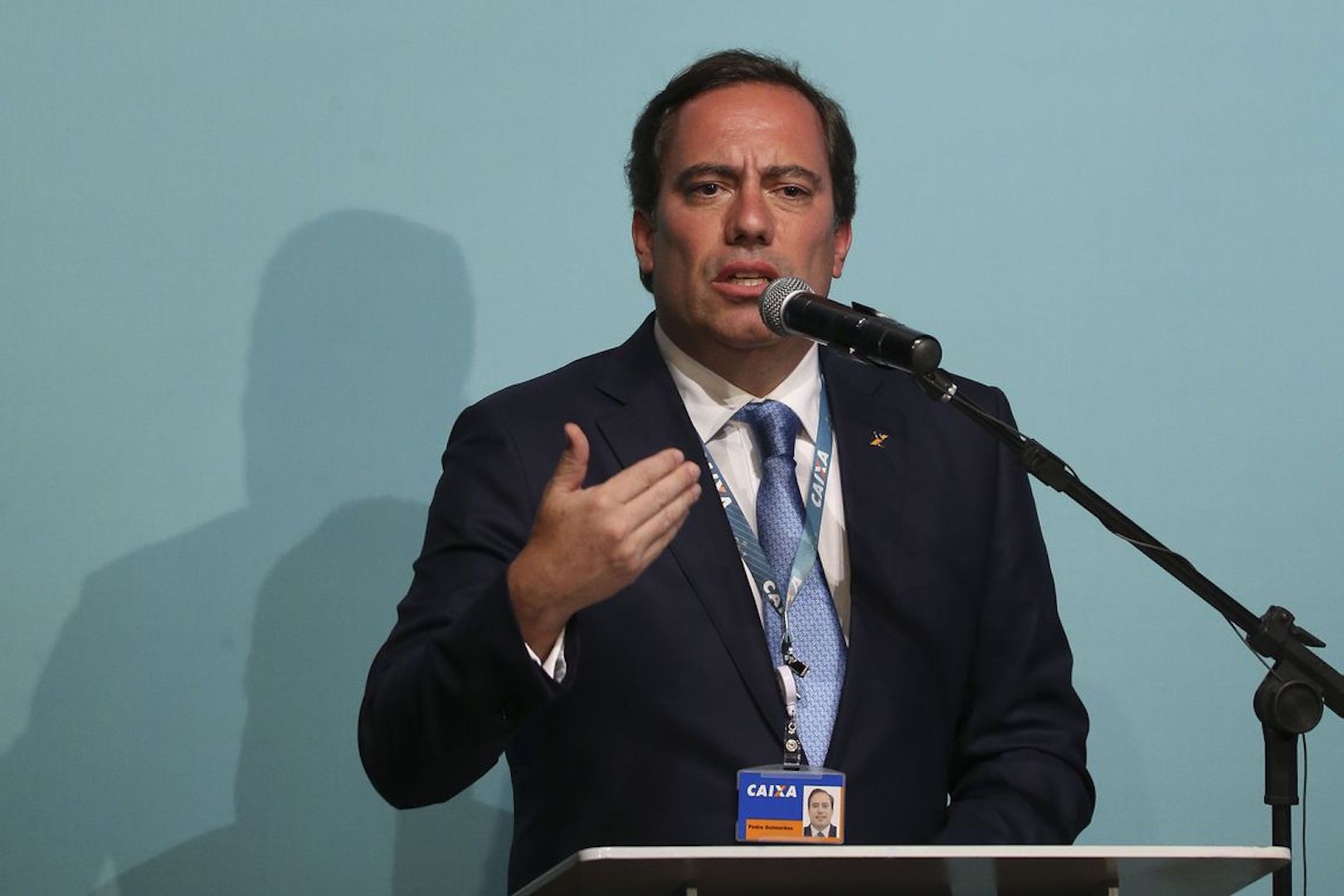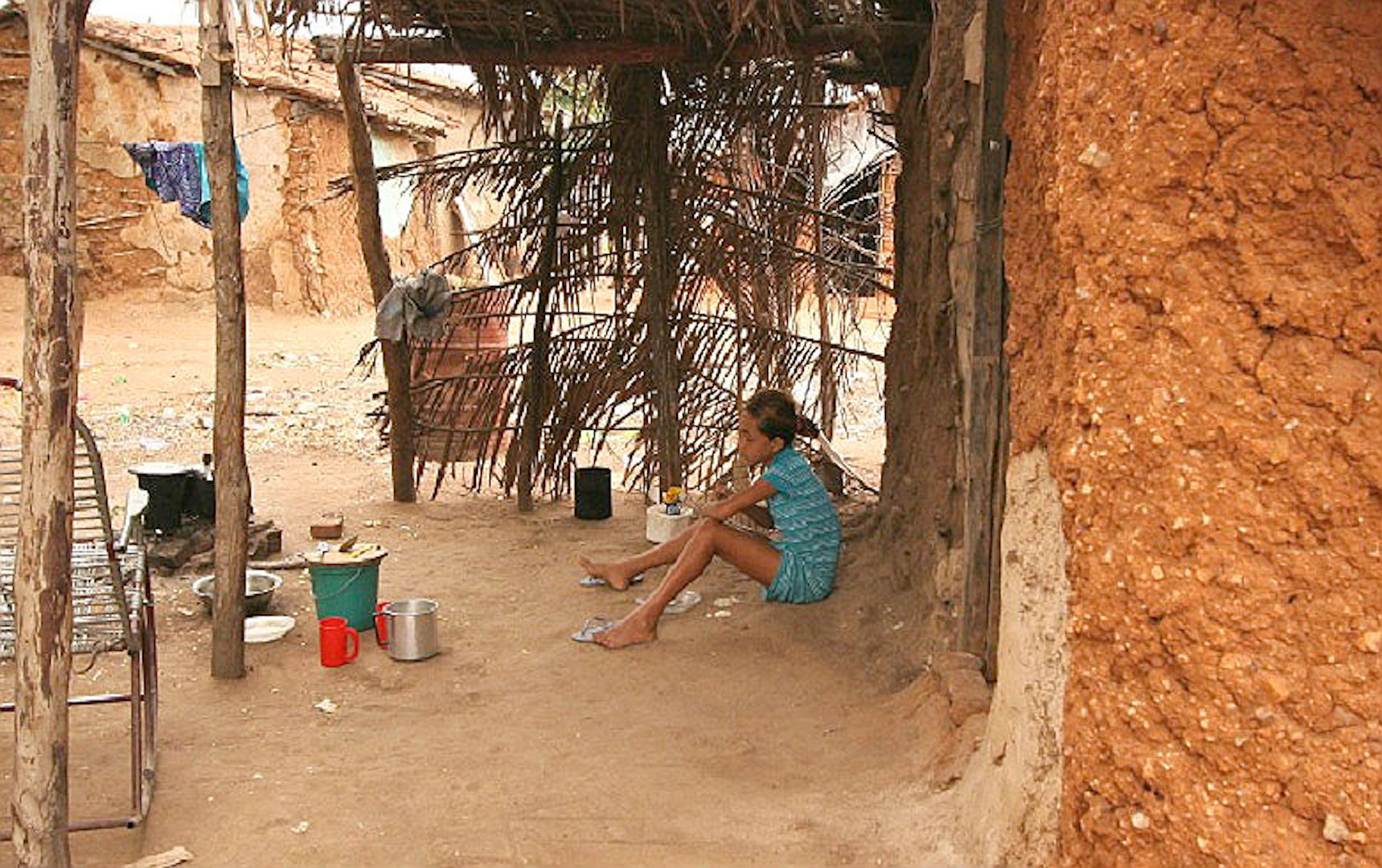SÃO PAULO, BRAZIL – Tension between the government of president Jair Bolsonaro and the governors of nine Northeastern Brazilian states continues high. In the past few weeks, President Bolsonaro has demeaned people from those states and his administration has withheld investments from the region in retaliation for not voting for him during the 2018 elections.

“He seems to have some resentment of the region for not voting overwhelmingly on him (in the elections); a resentment he has not gotten over,” Marco Antonio Carvalho Teixeira, political scientist and professor at Fundação Getulio Vargas (FGV) tells The Rio Times.
During last year’s presidential elections, Bolsonaro only received 30.3 percent of the votes from the Northeast, against 69.7 percent given to his adversary, Fernando Haddad of PT (Workers’ Party). The northeast was the only region of the country where Bolsonaro lost the elections to Haddad.
Days after taking office, Bolsonaro stated he hoped that governors of the regions would not come to him for help. “For them there, their president is in Curitiba,” he said, alluding to former President Luiz Inacio Lula da Silva, in prison in the southern city of Brazil, after being convicted of corruption and money laundering.
“It would be important for democracy if Bolsonaro could get past this resentment. The election is over, he is now the president of all Brazilians,” notes Teixeira.
And the animosity seems to be spreading to other parts of the Bolsonaro administration.
On Friday, August 2nd, a report by daily Estado de S. Paulo revealed that since Bolsonaro’s administration took office at the beginning of the year, state-owned Caixa Economica Federal, one of the main sources of funds to the states, made about R$89 million in loans to the region, only 2.2 percent of the total distributed to the entire country during the same period.

According to the newspaper, bank officials and the administration’s economic staff had confirmed, under the condition of anonymity, that they were instructed not to authorize funds to the region upon more than one occasion. In an official note, however, Caixa’s management denied the boycott.
Over the weekend, after the report, more funds were authorized, and the proportion given to one of the country’s poorest region is now up to three percent.
After derogatory remarks about the population living in the Northeast and telling his aides he would “not give these people anything”, Bolsonaro tried to apologize somewhat by visiting the northeastern state of Bahia. But the signs of regret were short-lived.
On Monday, August 5th, president Bolsonaro said he would not discriminate against the region. “I will not deny anything to the (Northeastern) states. But if they [governors] really want this all to be taken care of, they will have to say that they are working with president Jair Bolsonaro. Otherwise, I will not have a conversation with them,” he said after the inauguration of an energy complex in Sobradinho, Bahia.
The visit comes days after Bolsonaro gave the green light for the federal government to begin the process of privatization of Eletrobrás, another item of tension between the administration and the Northeast.
One of Eletrobras’ subsidiaries, Chesf, is responsible for twelve hydroelectric plants in the region. The governors of the region are vehemently opposed to the privatization of these plants and had signed a letter during the former Temer administration requesting the exclusion of Chesf from the privatization plan. Local media reported Bolsonaro as stating that the opposition to the privatization is due to the fact that “most of the governors in the Northeast are socialists”.
The outbursts by the president and measures adopted by his administration have, however, brought the region’s governors closer together.

“It has actually brought them closer and that is good for the region,” says Teixeira, adding that some governors, like Bahia’s Rui Costa, actually moved closer to his left-wing colleagues than before the outbursts.
This approximation was visible last week when the nine governors created the Northeastern Consortium, an entity that will enable closer partnerships between the states of the region.
There are fears that this spat between the region and the administration may spill onto the legislative arena and delay projects in Congress.
Professor Teixeira notes, however, that the current tension is unlikely to hinder on-going votes. The approval of social security reform is practically guaranteed both in the Chamber of Deputies, where it will be voted in a second round in the coming weeks, as well as in the Senate.
Teixeira, however, says the administration may find it more difficult to pass other legislation through the upper house in the future.
“There are three senators for each state in the federation, so the Northeastern region has 27 of the 84 votes. This is definitely a power to be reckoned with if they decide to vote on an issue as a group. There may be some retaliation in the future,” he says.
Teixeira also notes that the country will face municipal elections in 2020 and Bolsonaro may lose even more support in the region. “Next year’s municipal elections may be catastrophic for Bolsonaro.”
According to the professor, the president needs to make amends with the region. “He needs to start looking electorally towards the future, and stop looking at the past and those who voted for him in 2018,” concludes Teixeira.

